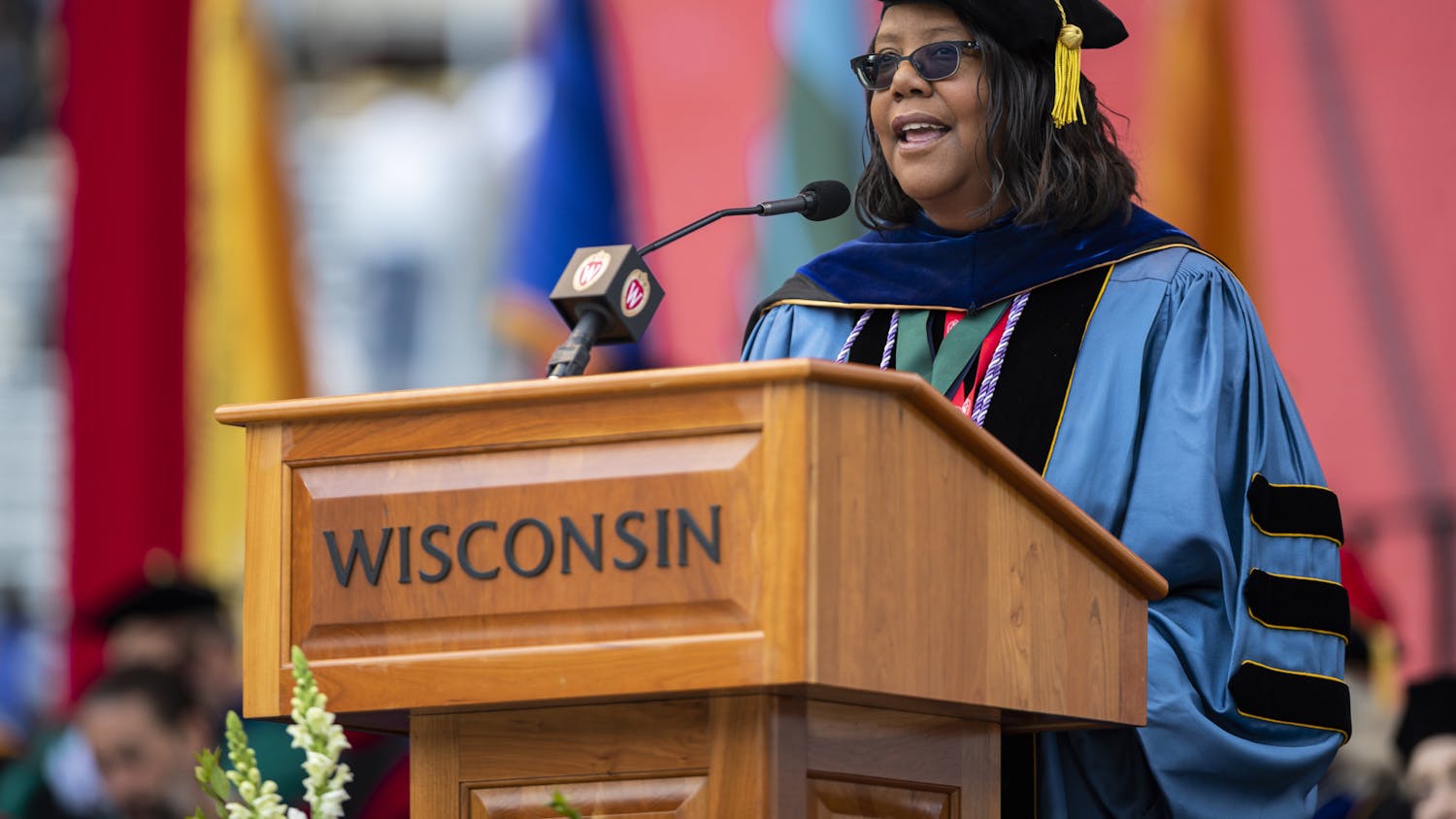Few things irritate me more than when some snobby person rips on the Harry Potter"" series, not just because I'm a die-hard fan, but because such bashing just adds to the general lack of respect for children's books among the actively reading public. Even when it's acknowledged that certain children's novels do have a literary quality, such as ""The Chronicles of Narnia"" or ""Charlotte's Web,"" they are still patronized. For instance, I often find that when bookish people discuss the novels they loved most as children, a hint of sheepishness and embarrassment can be detected in their tone.
This attitude makes me sad, because it is the exact opposite of what it should be. Children's books deserve just as much respect, if not more, as the ""grown-up"" books that make up the literary canon.
Here's why: Childhood is the most formative time in a person's life. Their brains, personalities and language skills are developing, and everything they see, hear and learn aids in this growth. So of course the books read in childhood have a huge impact.
Studies show that children who read or are read to build larger vocabularies and do better in school than their book-deprived counterparts, which in itself makes children's books deserving of respect.
But I think books read in childhood have an even deeper impact than mere academic achievement: A child's tastes, interests, passions and worldview can be forged in the intermingling of words and the imagination which occurs during reading.
Take me, for instance: one of my first book memories is of my mom reading ""The Little House on the Prairie"" series to me, which are about a young girl living on the American frontier with a passion for literature.
Now, I'm an English and history major. Coincidence? Maybe - but maybe not. I do know that for at least a few years I wanted to be Laura Ingalls Wilder. By the time a person reaches adulthood, these tastes and passions are already formed, and though books read in adulthood can of course have a great impact on a person, they cannot participate in that foundational development. And that certainly gives Roald Dahl's ""James and the Giant Peach"" a leg up on ""Moby Dick.""
But ""literary"" children's books shouldn't be the only ones to garner respect - even seemingly silly books, like ""Goosebumps"" or ""The Baby-sitters Club,"" deserve admiration from oh-so-dignified readers. Though these books may not have the depth of, say, ""The Hobbit,"" and are written by ghost-writers after the first 10 books or so in the series, they are often the first chapter books that kids read on their own, which is a momentous event in a child's life. These books have undoubtedly turned a generation of children into life-long readers - no small feat.
Perhaps children's books are most worthy of respect because of the awe and inspiration they create in their young readers. One need only observe the legions of children playing ""Harry Potter"" in their bedrooms to understand and remember the power of these unfairly belittled books. Now, when adults finish ""Moby Dick,"" do they run to their backyard to play pretend whale-harpooning? I rest my case.
Think childrens' books aren't getting the respect they deserve? Think they're a waste of time completely? Share your opinion or favorite children's/adult's book with Anna at akwilliams1@wisc.edu





